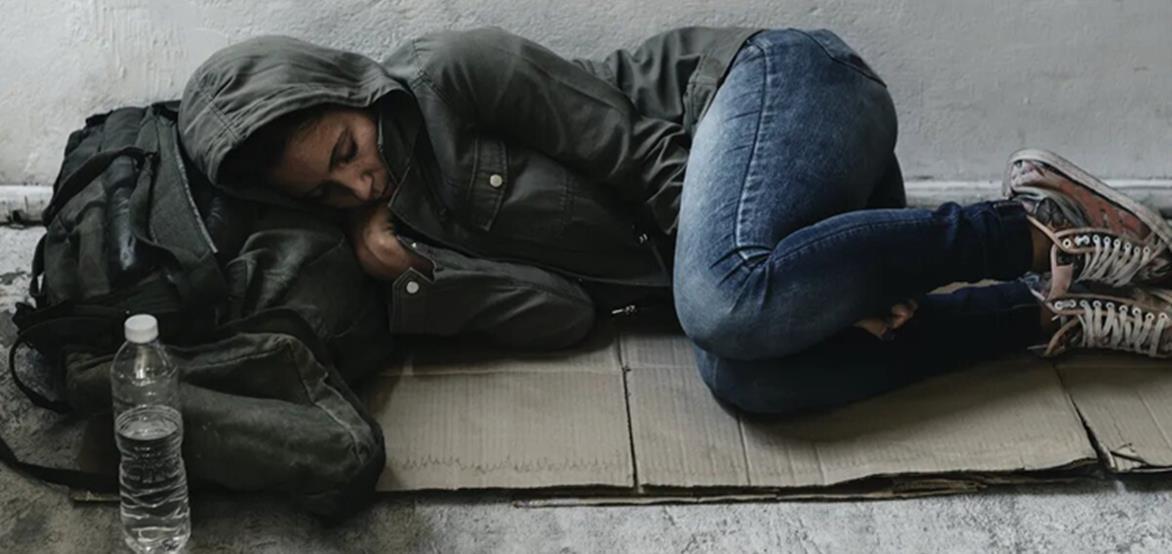
2 minute read
Life for Homeless Women in Our Community
Issues Life for Homeless Women in Our Community
By C.J. Smith, Ph.D.
Advertisement
Inside Front Cover
In 2020 there’s a lot of information to unpack when considering the issue of Americans, “unsheltered. ” People who are considered unsheltered are Americans without a home…homeless. Homeless is defined as, “individuals without housing, employment, and secure solutions,” which would break the unsheltered cycle to end their homelessness.
U.S. data estimates 10,000 homeless in Georgia, and roughly 1/3 are outside of cities. In 2019, the Georgia Department of Community Affairs reported 2, 362 unsheltered in Georgia. Numbers have increased since 2017 from 1,843 unsheltered. However, numbers do not account for people simply displaced or without shelter as a result of the 2020-2022 COVID Pandemic. Rising housing costs, rent costs and high employment increased the result of many Americans unable to stay in more permanent shelter.
According to the Chatham Savannah Authority for the Homeless (CSAH) , 610 individuals were unsheltered in Chatham County, which 234 were homeless veterans. CSAH served 4,058 served by continuum care partners. Chatham County has 30 unregulated homeless camps.
Women undoubtedly serve the hardest struggle with additional issues as unsheltered individuals. Women weigh human trafficking, children, trauma, rape, domestic violence and sexual discrimination on top of homelessness. Locally, 40% of unsheltered women have experienced sexual assault, and another 70% of unsheltered women are domestic violence survivors. According to the Union Mission 180 women are unsheltered in Chatham County as of 2022.
The number of homeless shelters in Chatham County are limited for single women, or what is now referred to as, “unaccompanied. ” Five (5) existing shelters function before the Parker’s Women’s House just opened at the old J.C. Lewis Health Care Center on Fahm Street.
In collaboration with Union Mission, the Parker’s Women’s House is the only women’s shelter specifically for “unaccompanied” or single women. Parker’s House currently serves 32 women at time. Women receive a bed, food, clothing, mental health care, and job training. On a very hot Sunday afternoon, I spoke with a few unsheltered women when I was strolling through Forsyth Park. They spoke on the horrific issues they encounter as homeless women in local co-ed shelters. They shared that the local showers are, “deplorable exposing us to mold. ” They also said, “we cannot get help for mental health checks, or medical care. ” The three unsheltered women I spoke with said it is hard to get identification needed to navigate local services. However, after further investigation and discovery, CSAH provides a homeless verification document, which unsheltered persons can get for J.C. Lewis Healthcare, obtaining a voter registration card, and other local services.
1. Safe Shelter shelters women escaping domestic violence. 3. Union Mission’s Magdalene Project shelters women with children. 5. The Salvation Army provides Emergency shelters for all populations 2. The Living Vine shelters pregnant women.
4. The Inner City Night Shelter Emergency shelter for all populations 6. The Parker’s Women’s House
The biggest discovery and complaint among the unsheltered women I spoke with was, tank tops. The challenge is that much of the clothing distributed in the summer to homeless women are tank-tops, which cannot be worn in the Salvation Army. The women reported, “They tell us we sexually provoke the men if we wear tank-tops. So tank-tops aren’t allowed. We wear tank-tops, we don’t get housing for the night!” Advocates and women’s activists must get to work assisting unsheltered women with clothing and needed personal items in the effort to ease their struggle and aid them in securing both shelter and services..

